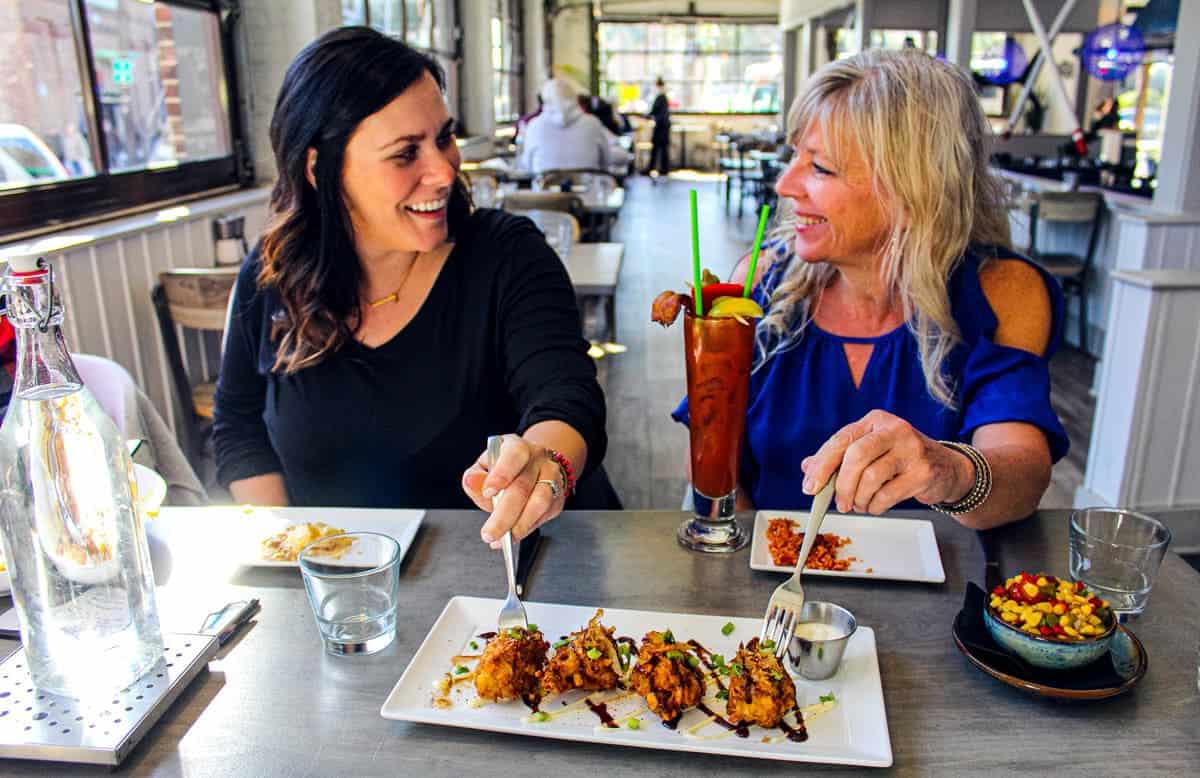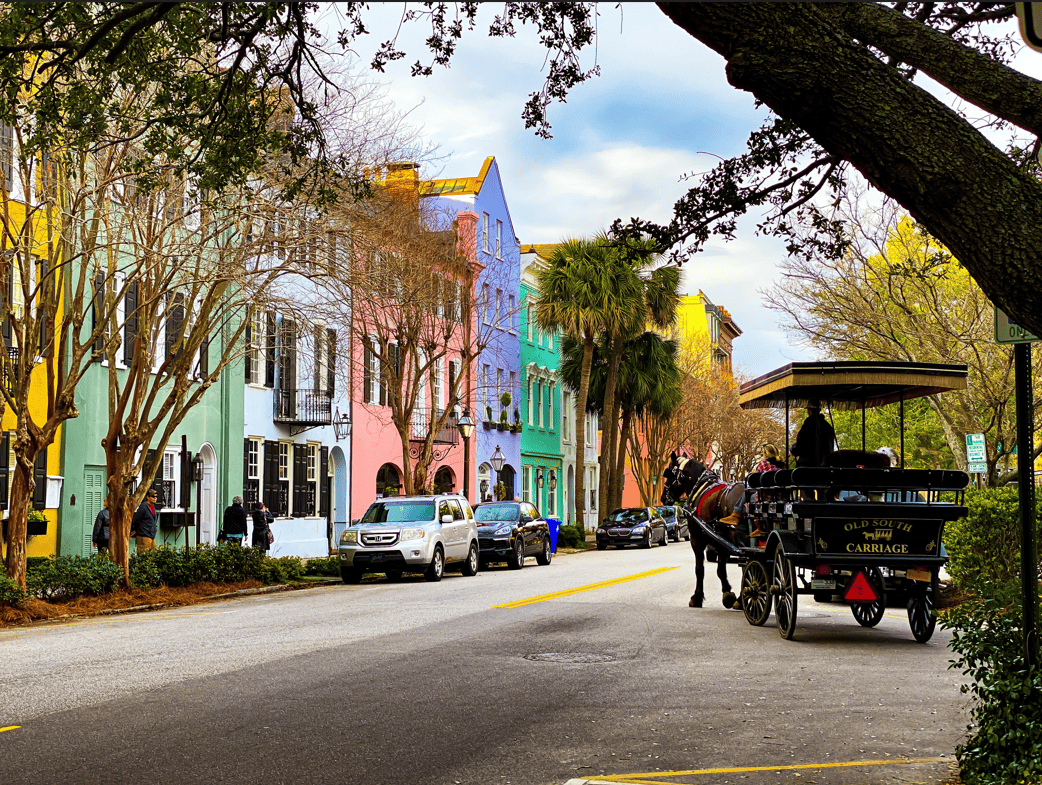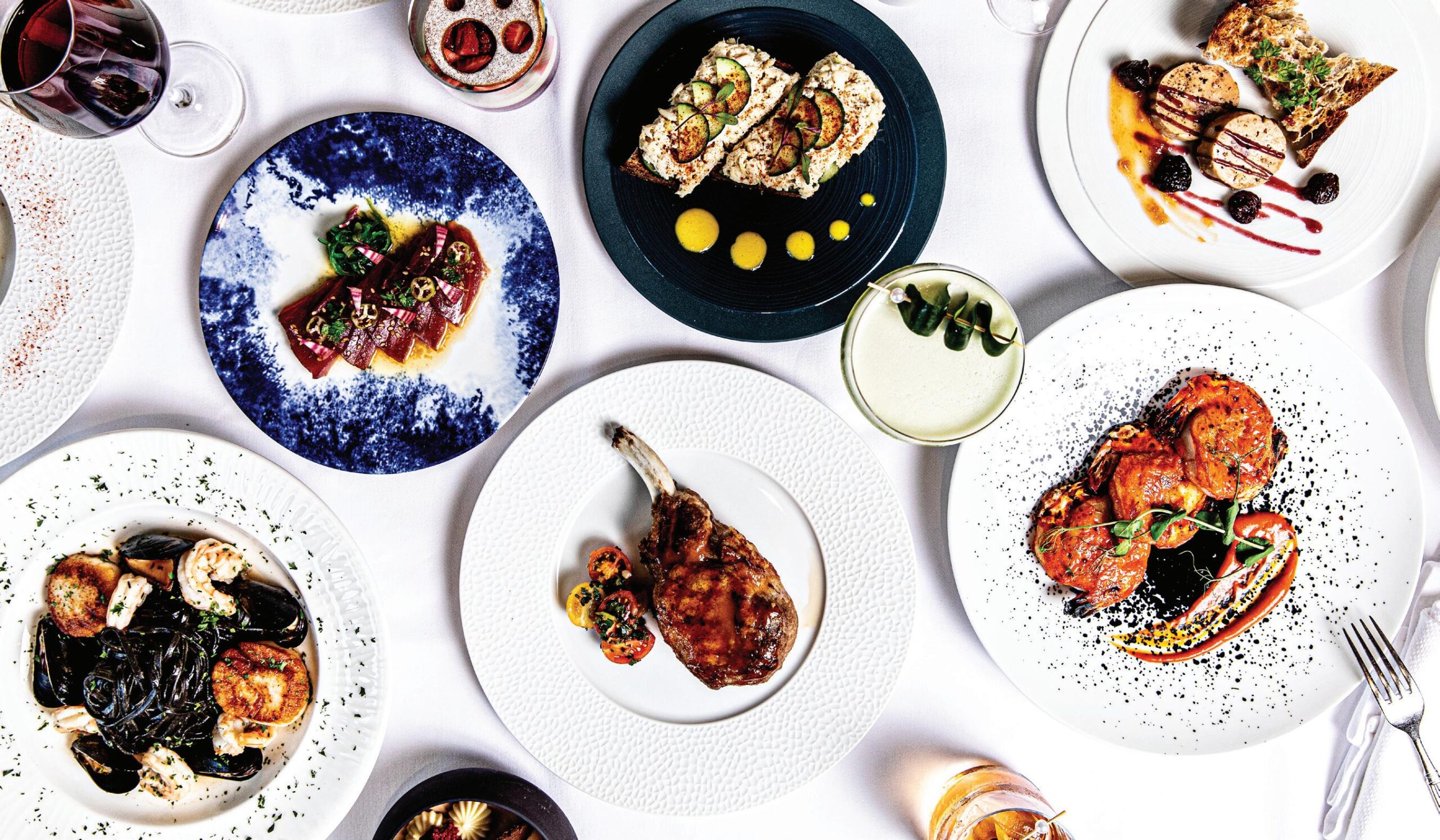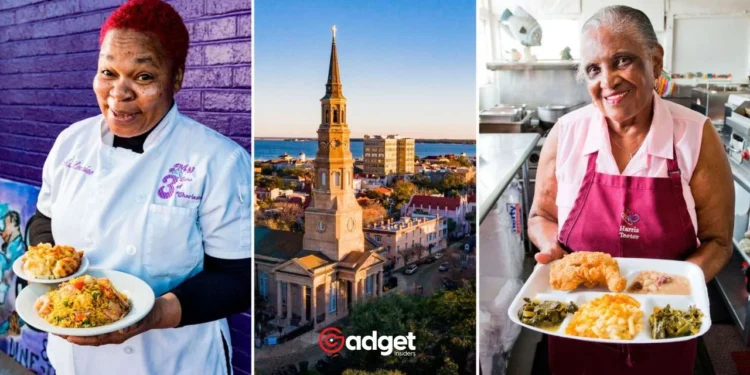In recent years, an unexpected American city has been making waves in the culinary world. While tourists often have varying agendas—some seek adventure, others cultural immersion—it is the food enthusiasts who are reshaping travel trends. Known as culinary tourism or foodie travel, this sector is booming, with projections seeing an increase from $1.1 trillion in 2023 to a staggering $6.2 trillion by 2033.

Charleston’s Culinary Ascendancy
Amidst its cobblestone streets and colonial-era architecture, Charleston, South Carolina, is fast becoming a top destination for food lovers. According to Pinterest’s 2024 Summer Travel trends report, searches for specific cuisines linked to destinations are surging, with terms like “South African food” seeing a 320% increase. Charleston, too, has been climbing the ranks, not only for its rich history but for its vibrant food scene.
The city offers a taste of traditional Southern dishes like cornbread, shrimp, and grits, alongside the distinct flavors of Lowcountry cuisine, which include local favorites such as She Crab Soup and Frogmore Stew. These dishes not only tell the story of Charleston’s cultural heritage but also showcase the innovative spirit of its culinary scene.
Grab a copy of @WantedOnlineSA , only in today's Business Day. You'll find me rambling about the good and bad bits of culinary tourism, the joy of leaving your comfort zone, and why you might want to add burnt lemon to your kitchen repertoire. https://t.co/szt7cpfBVG pic.twitter.com/zT6mHOSFsK
— Wamuwi Mbao (@WamuwiM) May 3, 2024
Charleston’s Festival Scene Enhances Its Culinary Reputation
Further cementing its status as a culinary hub, the city hosts numerous food festivals that attract visitors from all over. This year marks the first time the prestigious Food & Wine Classic festival, previously held in Aspen, will take place in the area from September 27-29. “We are excited to showcase the best of the Holy City and create a dynamic experience that tells meaningful stories about the area’s delicious food scene,” stated Hunter Lewis, Editor-in-Chief of Food & Wine.
The city’s festival lineup doesn’t stop there; earlier in the year, Charleston celebrated its Wine + Food and Lowcountry Oyster festivals, and the Charleston Caribbean Jerk Festival is set for July. These events not only highlight the diverse culinary offerings but also contribute significantly to the local economy.

Charleston’s Recognition in the Culinary World
City’s culinary prowess was recently highlighted in TripAdvisor’s annual ranking of the best U.S. cities for dining, where it came in just behind New Orleans. TripAdvisor notes that fewer than 1% of destinations achieve the “Travelers’ Choice Awards Best of the Best” title, which recognizes outstanding traveler reviews and opinions.

Economic Impact of Culinary Tourism in Charleston
The impact of this culinary ascendancy is also reflected economically. A study from the College of Charleston revealed that the average visitor now spends $224 on food alone, up from less spending in previous years. Overall, tourists spend over $1,000 per trip, with the hospitality industry contributing $12.8 billion to the local economy in 2023.
In conclusion, the city’s emergence as a foodie destination is a testament to its rich culinary heritage and its ability to adapt and innovate. Whether you’re a fan of hearty Southern cooking or looking to explore the unique flavors of Lowcountry cuisine, the city offers a dynamic food scene that caters to every palate. As this historic metropolis continues to attract food lovers and culinary experts alike, it’s clear that the area is not just preserving its past; it’s also cooking up a vibrant future.










